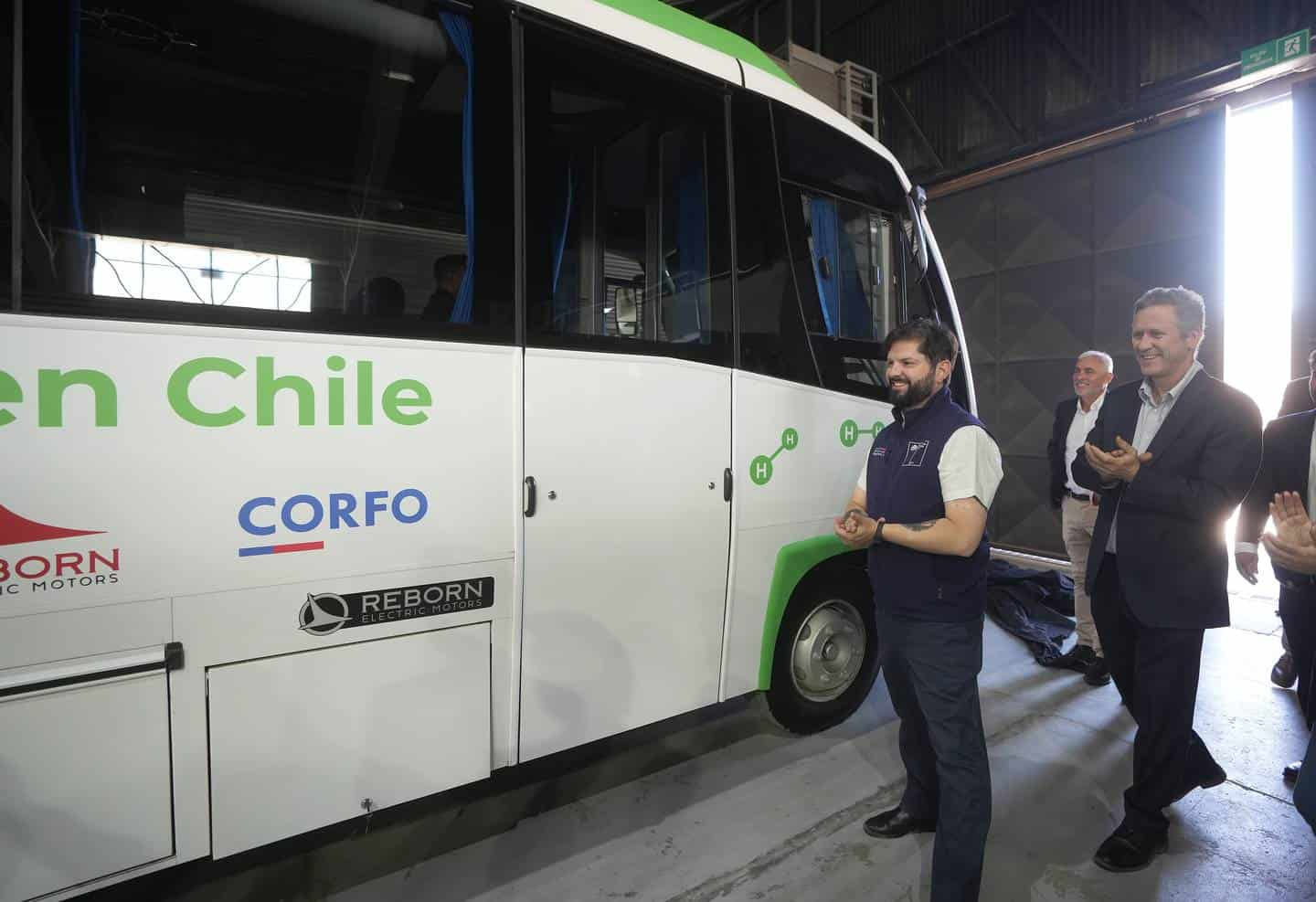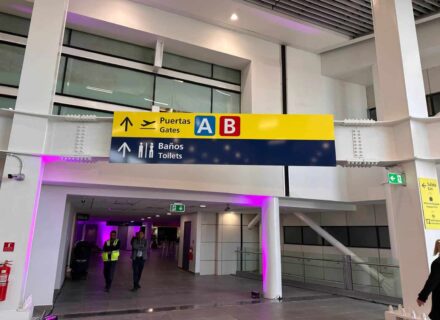Chile has taken a significant step towards sustainability and innovation in transportation with the unveiling of its first hydrogen bus. This vehicle, the result of a public-private collaboration, is the outcome of a partnership between major national players such as Colbún, Anglo American, Reborn Electric Motors, Fundación Chile, and the National Pilot Testing Center. In addition, the project has received substantial support from CORFO, which granted a crucial subsidy to the consortium at the end of 2023 to help advance the initiative.
The launch of this hydrogen bus marks a milestone in the country’s journey toward cleaner and more efficient transportation, aligning with national goals to reduce harmful emissions and promote the use of renewable energy. This groundbreaking technology could transform the transportation industry, particularly in sectors like mining, where more sustainable daily operations are needed.
The Project: A Collaborative Effort with a Futuristic Vision
The project was presented during a ceremony attended by prominent figures, including President Gabriel Boric and the Ministers of Energy, Diego Pardow; Mining, Autora Williams; and Transport, Juan Carlos Muñoz. All emphasized the significance of the investment in this project and its potential to contribute to the development of the country’s energy and transportation infrastructure.
With a total investment of 800 million pesos, the hydrogen bus is a clear example of how public-private investments can shape innovative projects that combine technology and sustainability. The vehicle’s development was led by Reborn Electric Motors, a Chilean startup specializing in cutting-edge technological solutions, which, together with other partners, worked on designing and building this pioneering bus.
A Project Boosted by CORFO and Its Financing Line
Government support through CORFO has been vital for advancing this initiative. The subsidy granted by CORFO under its Corfo Crea y Valida financing line has enabled the consortium to develop a product that not only seeks to be a cleaner mode of transportation but also represents a significant step forward in research and development of new technologies in Chile. This program co-finances the development of new or improved products and processes that require research and development, demonstrating the country’s commitment to technological innovation.
Features of the New Hydrogen Bus
This innovative bus has been designed with features that make it suitable for both industrial and urban-rural environments. Some of its specifications include:
- Passenger Capacity: 24 people.
- Range: The bus has a range of up to 600 kilometers, an impressive figure combining hydrogen and battery power, allowing it to operate for long periods without the need for frequent recharging.
- Top Speed: The vehicle can reach speeds of up to 90 km/h, a suitable speed for use in various environments.
- Dimensions: The bus measures 8.5 meters in length, 2.4 meters in width, and 3.4 meters in height, making it adaptable to different routes and traffic conditions.
- Fuel Storage Tanks: It has hydrogen storage tanks with a capacity of approximately 20 kg, allowing it to operate in various contexts, from urban areas to rural and industrial zones.
Testing and the Future of the Project
The hydrogen bus will begin testing in 2025, with trials on different routes to assess its performance and efficiency under real conditions. Afterward, demonstrations will take place in communities and educational institutions, allowing the public to see this innovative technology firsthand.
The main goal of the project is to use the bus for worker transportation in mining. This sector, known for its logistical challenges and need to reduce its carbon footprint, can greatly benefit from the implementation of sustainable vehicles like the hydrogen bus. Additionally, the success of this project could pave the way for the expansion of hydrogen-powered buses in other areas of public transportation in the future.
Impact on Mining and Transportation in Chile
The hydrogen bus not only represents an advance in sustainable mobility but also is seen as a solution for one of Chile’s most important industries: mining. The mining industry faces increasing pressure to reduce its environmental impact and improve the efficiency of its operations. The use of a cleaner, hydrogen-powered transportation system will not only help reduce harmful emissions but could also lead to long-term operational cost savings.
These types of initiatives also reflect Chile’s commitment to developing renewable energy and transitioning toward a greener economy. As the country progresses with the adoption of clean energy, hydrogen could play a critical role in the decarbonization of key industrial sectors such as transportation and mining.
In conclusion, Chile’s first hydrogen bus is a clear demonstration of how public and private sector collaboration can produce innovative solutions for the challenges the country faces in sustainability and energy efficiency. With the vision of expanding the use of this technology, Chile could become a leader in the adoption of clean technologies in Latin America.



